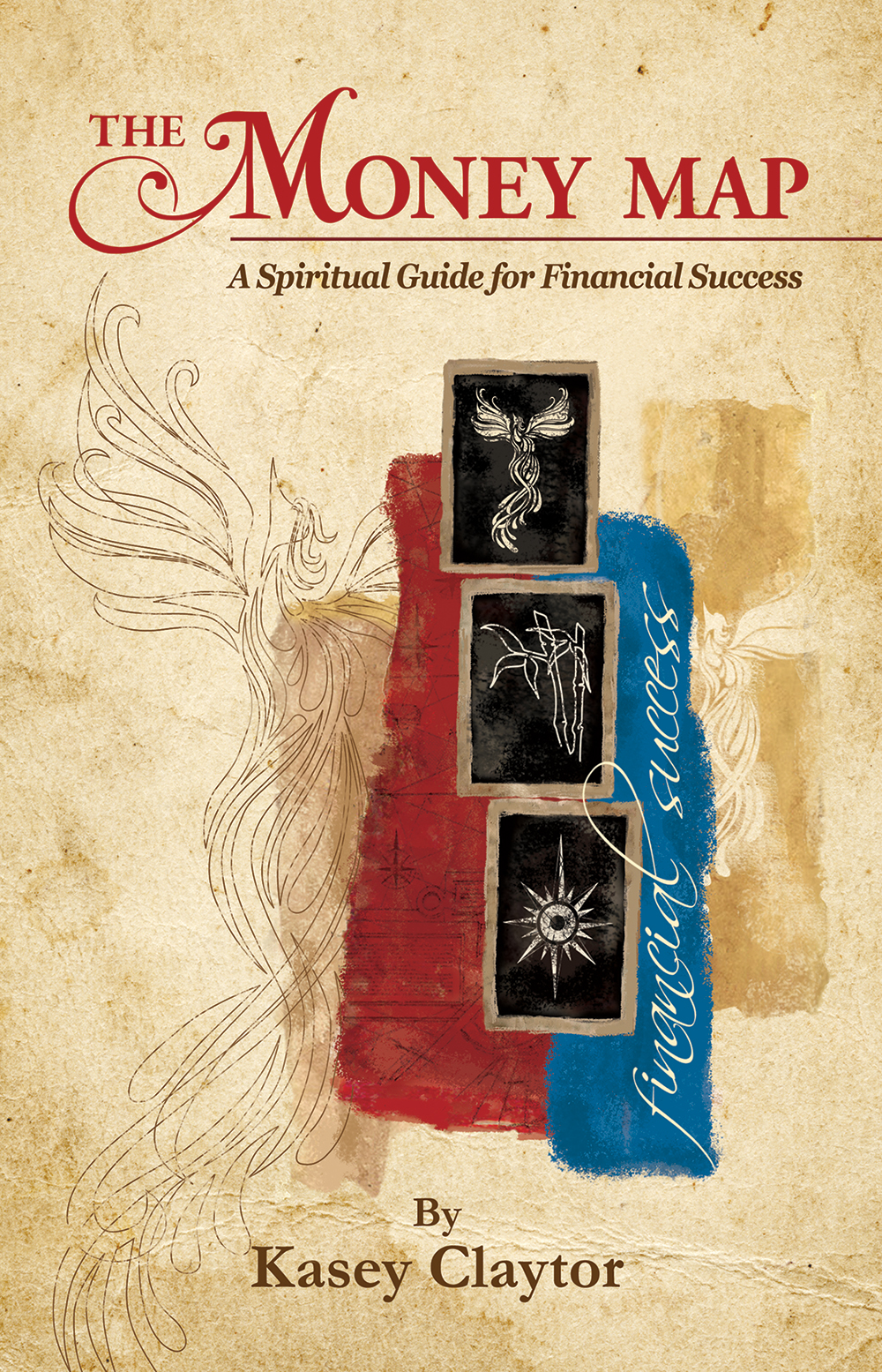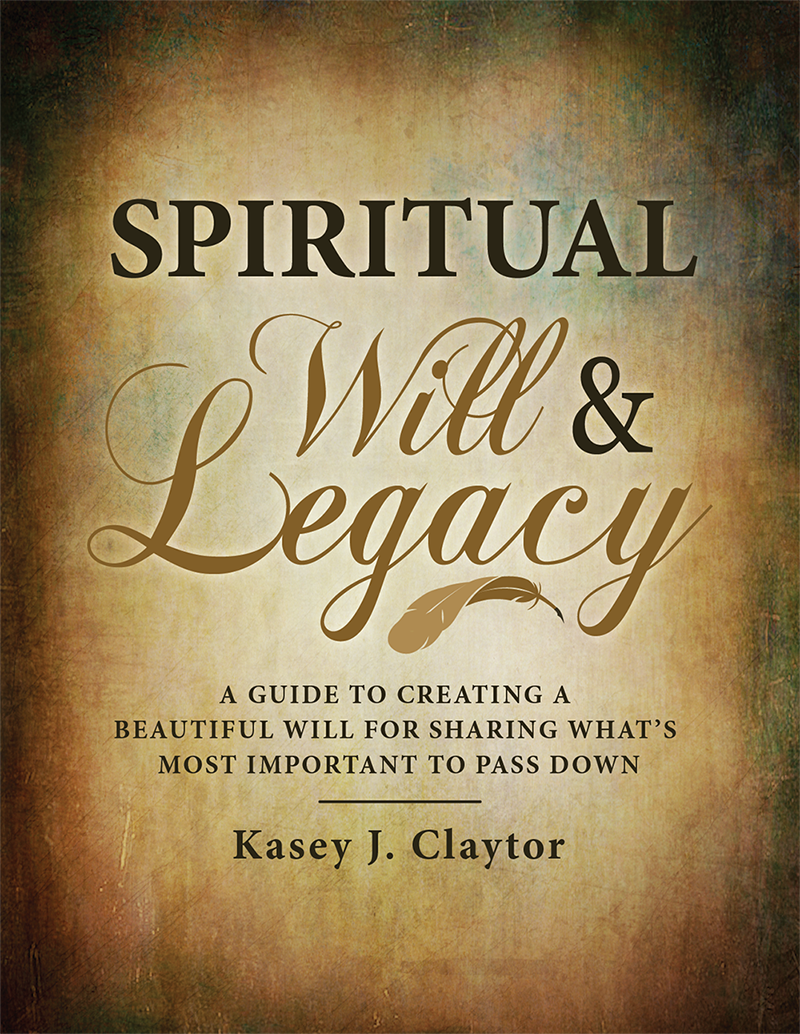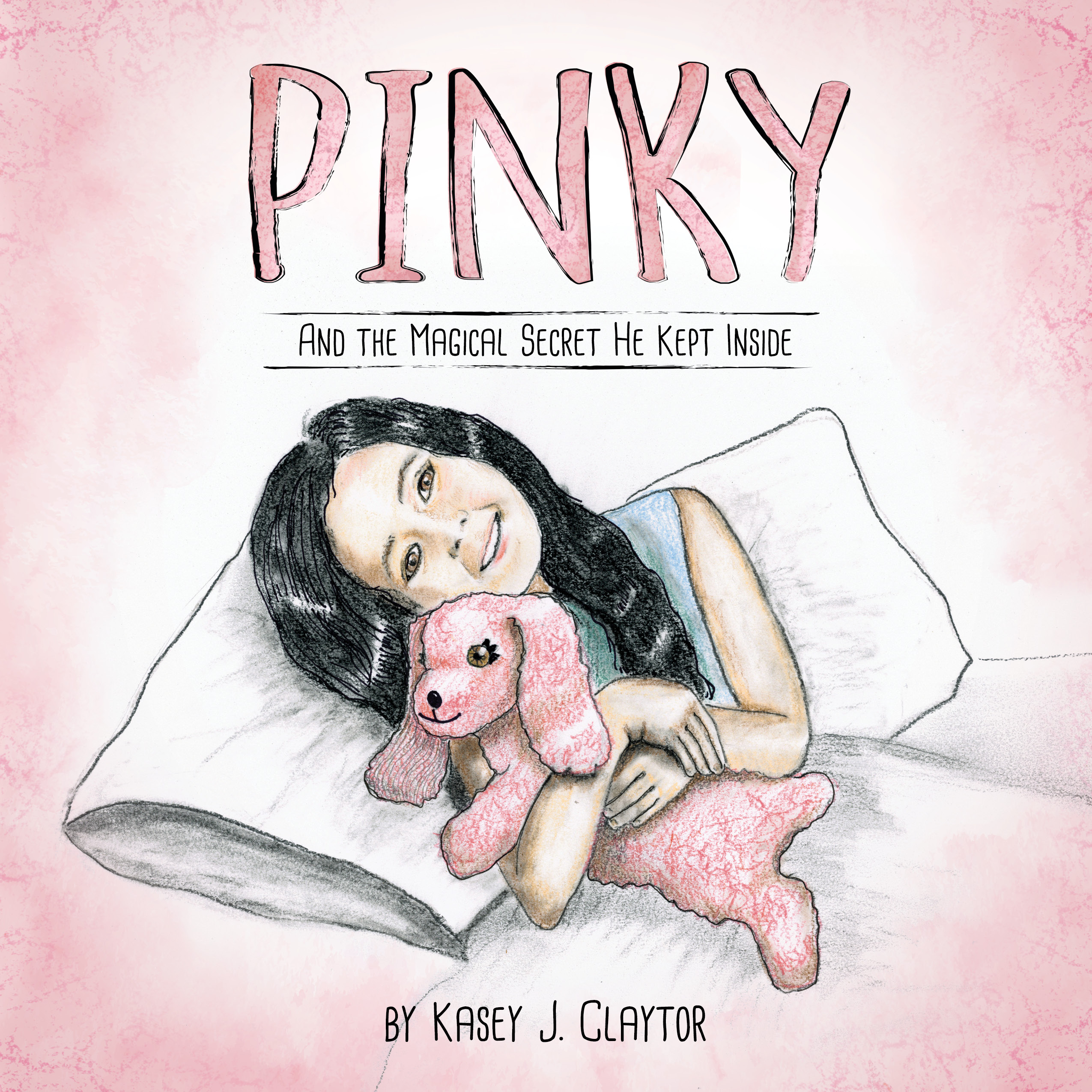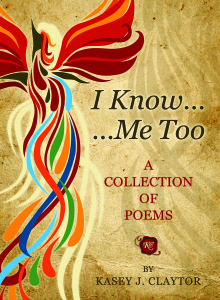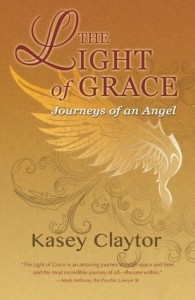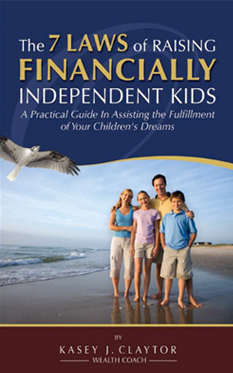Many people these days are seeking to find what their true purpose is. It sounds so inviting—finding what will be fulfilling and becoming financially successful at the same time! If only one knew….
First of all, whatever you have been doing has had purpose for you. Whether you are working at a job, have a career, retired, or caretaker of your family, you are offering something of great value to the world: yourself and your service.
Maybe you want to do something different, however, or offer something different. Maybe you have many dreams that haven’t been attained yet. We all are wonderful dream makers, churning out new dreams as soon as one is realized!
It isn’t necessarily about what you are good at, or talented at, or what is easy for you, but what makes you excited—makes you eager to get out of bed, and you notice your mind often conjuring up new ideas for it. And you will notice that it is the same feeling as zest for life.
Anything you do while feeling zest for life will feel like you are fulfilling a greater purpose!
If you are still wondering, it is helpful to stand back and observe your life. What themes run through it? Have you loved to teach people things? Inspire them? Take care of them? Heal them? How about creating a piece of art, literature, architecture, or any other expression? There are as many ways to fulfill a purpose as there are people! Here are some general categories. Read them and see where your favorite roles are.
Teacher, counselor, guide
Someone who loves to share knowledge and gets a thrill from seeing people grow in awareness.
Caregiver, nurturer, gardener
Someone who loves to do for others what they aren’t able to do for themselves; taking care of children, the aged, and the more vulnerable groups of society as well as other life forms—animals and plants.
Artist, writer, and other creative expressions including problem solving
These people add so much richness to our lives, speaking to all the different experiences we can relate to and moving us with delightful beauty, and deeply felt emotions.
Healer
Someone who wants to help bring balance into others’ lives, healing body, mind and spirit; bringing about vibrant health.
Maybe you have another category that fits you that is not listed here. Write that one down.
You may find one resonates with you more than the others, even though you may relate to some, or all of them. One will make you feel strong, and give you energy. See how many times throughout your life you have derived great pleasure from this role. That is a good indication of your purpose. Write all the ways your life has expressed this purpose. Now it will be easier to notice more opportunities to fulfill it.
I believe we are here to become joy. Become love itself. No matter what you do for a living you can infuse your theme into it. If you work in a law firm you can nurture your co-workers and clients. If you work in a metal shop you can still find creative expression through innovative problem solving. If you are in retail you can guide and teach your customers.
If you stay on your wave of joy, new avenues for your unique expression will open up.
Copyright © 2011 by Kasey J. Claytor

